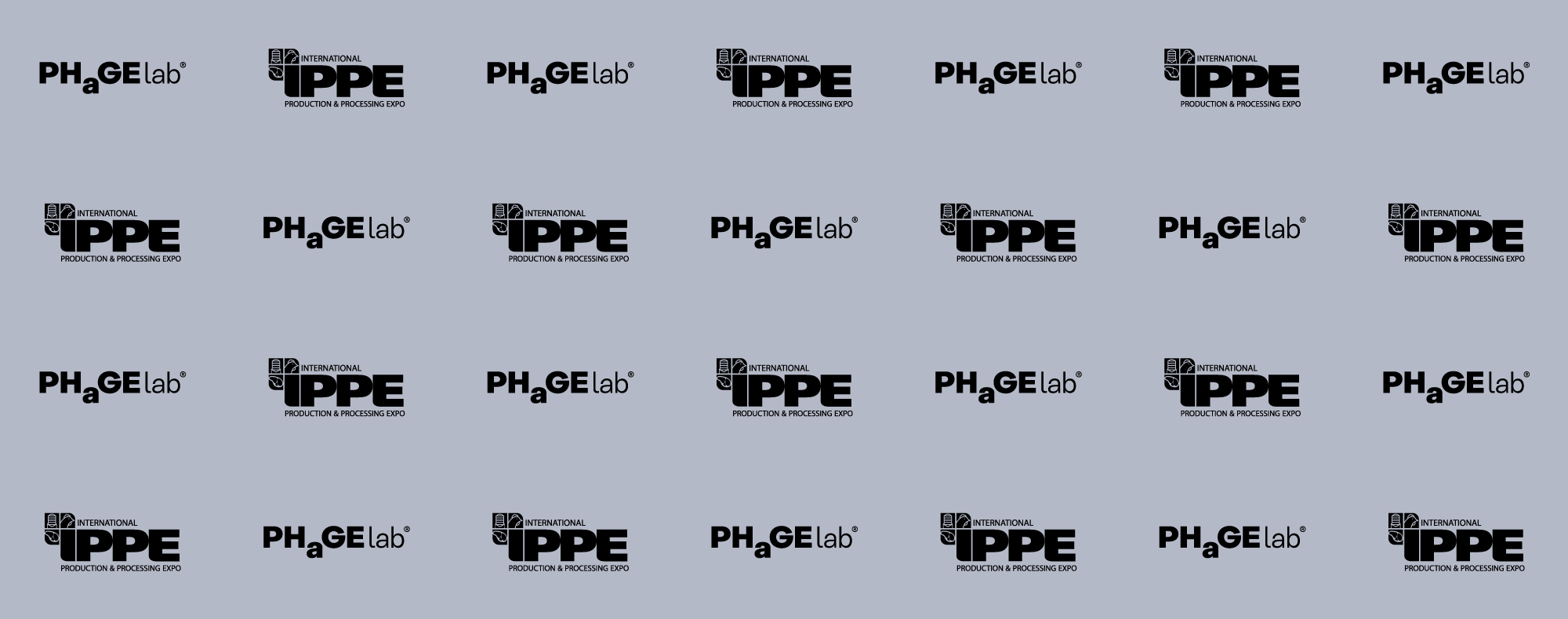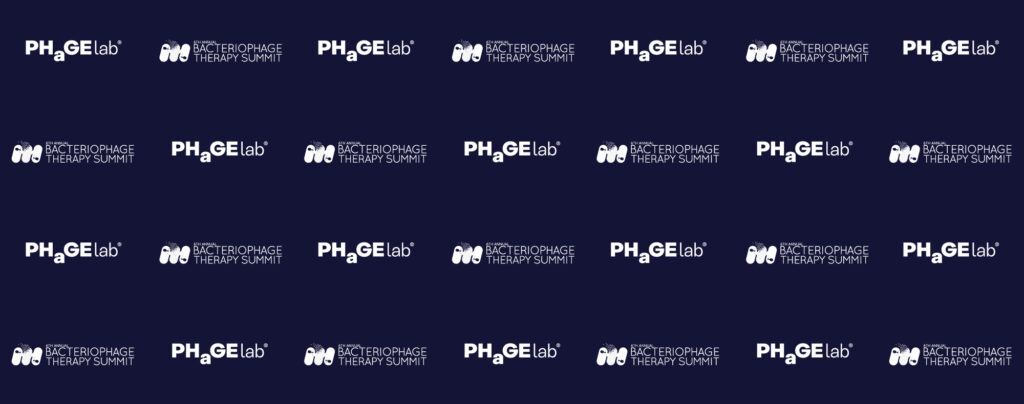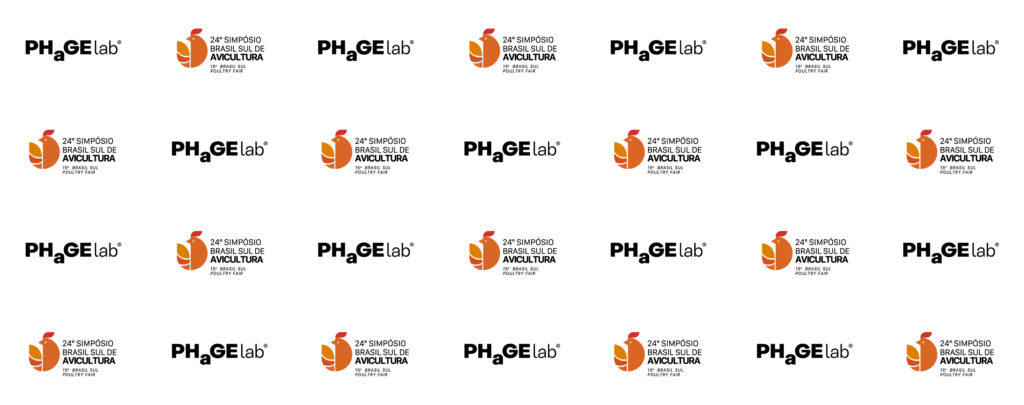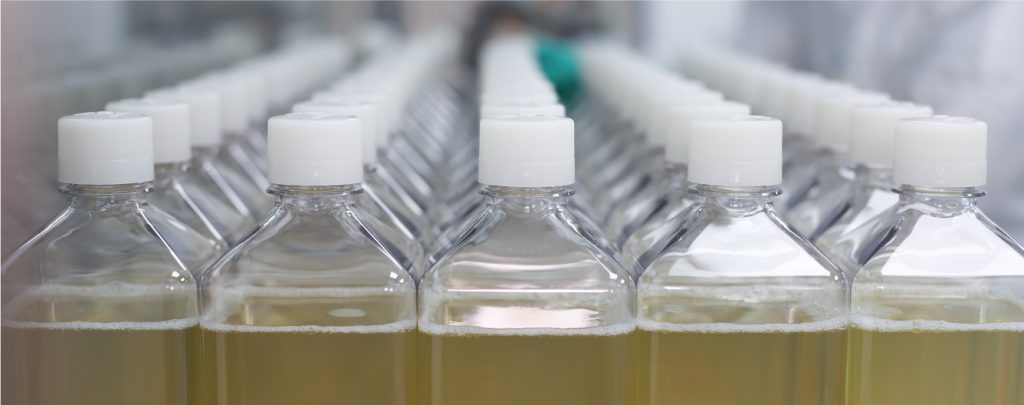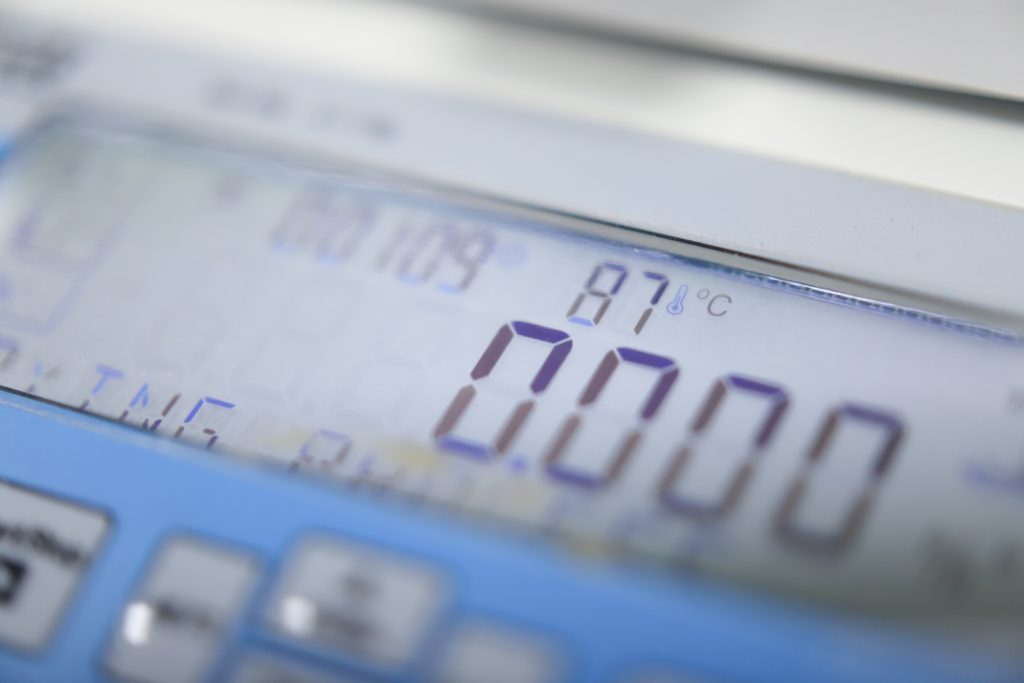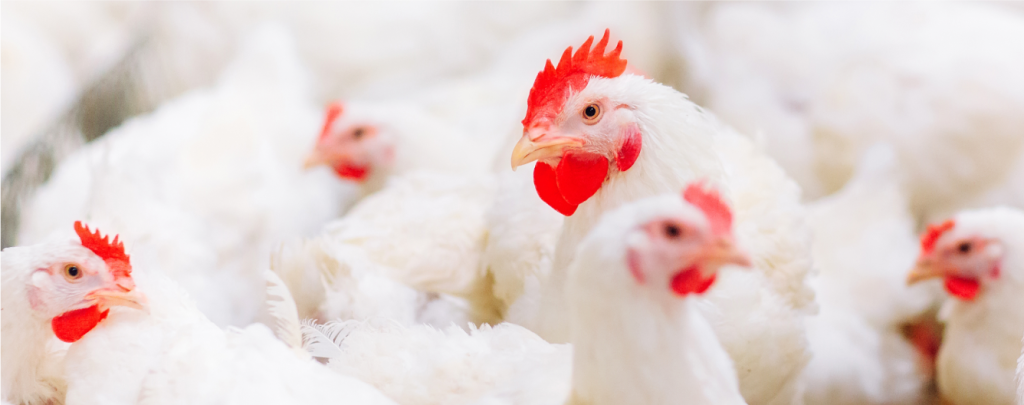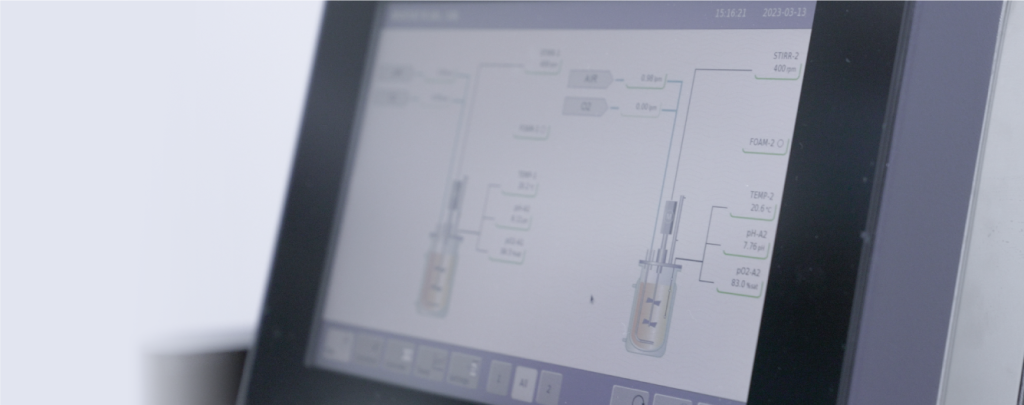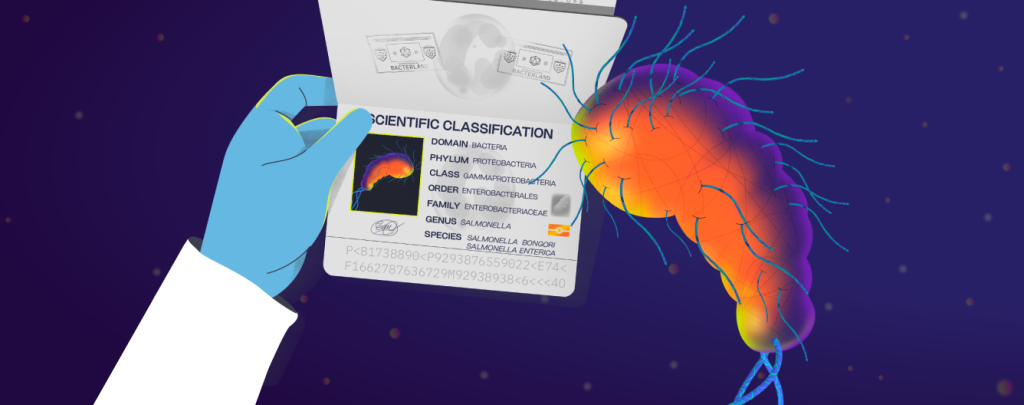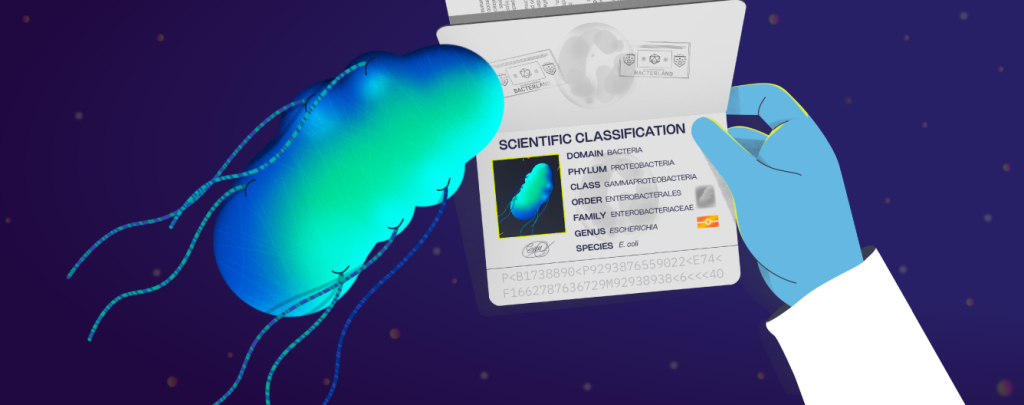We are part of the IPPE 2024 with a booth and a presentation at the International Poultry Scientific Forum (IPSF) in Atlanta, USA. Dive into the forefront of our innovation with the abstract of our recent scientific article, the main topic of our presentation:
Development of a bacteriophage cocktail with high lytic efficacy against Salmonella enterica in vitro and in vivo
Daniel Castillo, Nicolás Cifuentes Muñoz, Matías Aguilera, Soledad Ulloa, Luis León, Christian Pieringer, Constanza Sandoval, Hans Pieringer, Pablo Cifuentes.
Salmonella enterica is a major human pathogen that can cause up to 7.8 million foodborne diseases and 59,153 deaths worldwide annually. The major route of infection is through fecal-oral transmission, and a variety of food matrices have been reported as sources and vehicles of Salmonella spp. The most frequent meat involved in salmonellosis is associated with poultry (chicken, turkeys, ducks, and geese). However, the use of antimicrobials as a primary tool to control Salmonella in poultry is highly restricted in Europe and the US. In this context, bacteriophage-based cocktails have arisen as an alternative to antibiotics to reduce the growth of Salmonella.
Here, we isolated and sequenced 47 bacteriophages that showed variable degrees of lytic activity against 258 Salmonella isolates obtained from a Brazilian commercial chicken company. These bacteriophages were microbiologically and genomically characterized, and three were selected to assemble a cocktail. The lytic activity of the cocktail was tested in conditions that more closely resembled the chicken gut such as anaerobiosis, 42 °C and Salmonella mono-strain biofilms. Finally, the formulated cocktail was tested in a large field trial involving 46 aviaries from a Brazilian commercial chicken company, and the total load of Salmonella, and specific loads of serovars Newport, Minnesota, Heidelberg, Agona, Mbandaka, and Braenderup were measured from faecal swabs by qPCR.
The results showed that in vitro quantitative assays, the cocktail had an efficacy of 97% against the collection of Salmonella, showing high activity against the most prevalent serovars including Minnesota, Heidelberg, and Agona. For the large-scale trial, the formulated cocktail was applied in each aviary per cycle, in four consecutive cycles that involved a total of 3.3 million treated chicken and 1.1 million untreated chicken. The qPCR results showed a significant reduction of up to 3 log in Salmonella loads in the aviaries at days 28 and 42 (the day of slaughter) upon treatment with the bacteriophage cocktail.
Our results highlight the relevance of an optimized in vitro development of bacteriophage cocktails with high lytic efficacy against Salmonella and strong potential to be applied in vivo.
Read the paper here.
